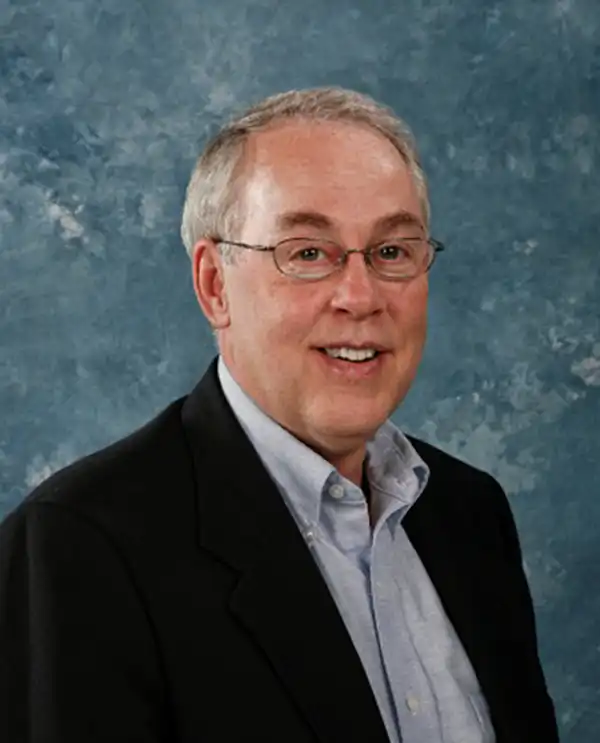James J. Hack

Profession
Education
James J. Hack
James J. Hack is the former director of the Oak Ridge National Laboratory (ORNL) National Center for Computational Sciences (NCCS), a leadership computing complex that houses the Oak Ridge Leadership Computing Facility (OLCF), which provides high-performance computational resources for tackling scientific grand challenges. He also was the founder and first director of the Oak Ridge Climate Change Science Institute, which integrates scientific projects in modeling, observations, and experimentation with ORNL’s powerful computational and data analytics capabilities. During his NCCS tenure the OLCF deployed and operated three supercomputer systems, Jaguar, Titan, and Summit, each of which were ranked #1 on the Top500 list of the world’s fastest computers. During their lifetimes these machines provided unmatched capabilities to the broad computational science community through DOE National User Facility open-science allocation programs.
After receiving a Ph.D. in Atmospheric Dynamics from Colorado State University in 1980, Hack became a research staff member at the IBM Thomas J. Watson Research Center, where he worked on the evaluation and design of high-performance scientific computing architectures. He moved to the National Center for Atmospheric Research in 1984 and became a leader in the development of NCAR’s global atmospheric model. Before coming to Oak Ridge at the end of 2007, he was serving in the roles of senior scientist, head of the Climate Modeling Section, and deputy director of the NCAR Climate and Global Dynamics Division.
Hack has previously held an Adjunct Professor position at the University of Colorado at Boulder, and was an Inaugural Faculty Member in the Bredesen Center for Interdisciplinary Research and Graduate Education (CIRE) at the University of Tennessee, Knoxville. He is author or co-author of over 100 scientific or technical publications with a Web of Science h-index of 41 and Google Scholar h-index of 50 with over 20,000 citations to the work. He has served as an editor for the Journal of Climate, served as an Associate Editor and Member of the Editorial Board, IEEECS Computing in Science and Engineering, has given testimony to congress on the topic of climate change, and has participated in the preparation of community planning materials, such as the National Research Council Study on A National Strategy for Advancing Climate Modeling. He is a member, and Fellow, of the AMS, and a member of the American Geophysical Union. He remains actively involved on a number of national and international advisory and steering committees among which include Department of Energy Office of Science and National Science Foundation appointments.